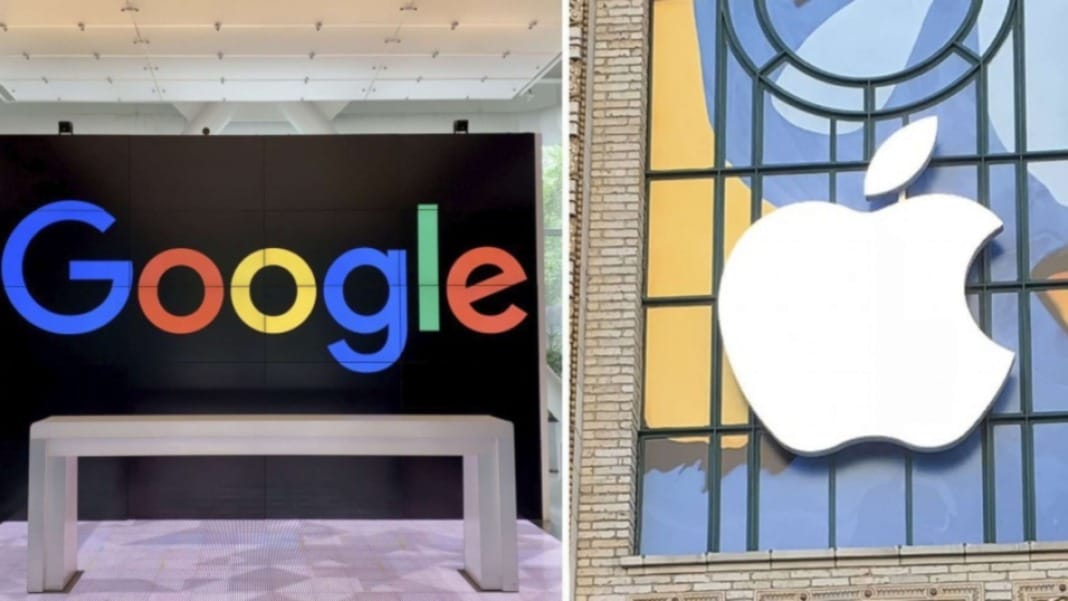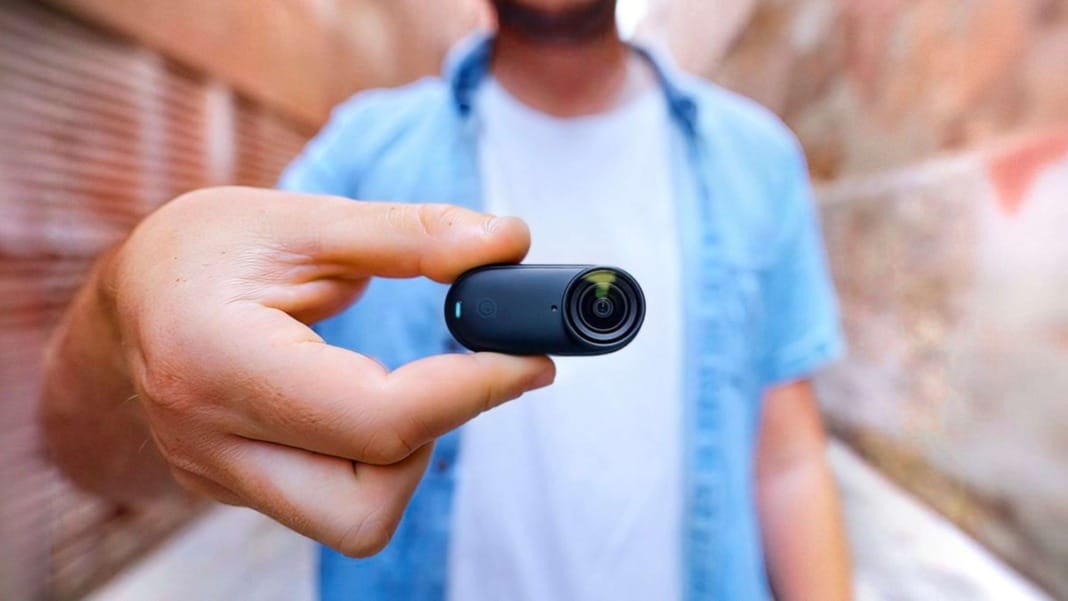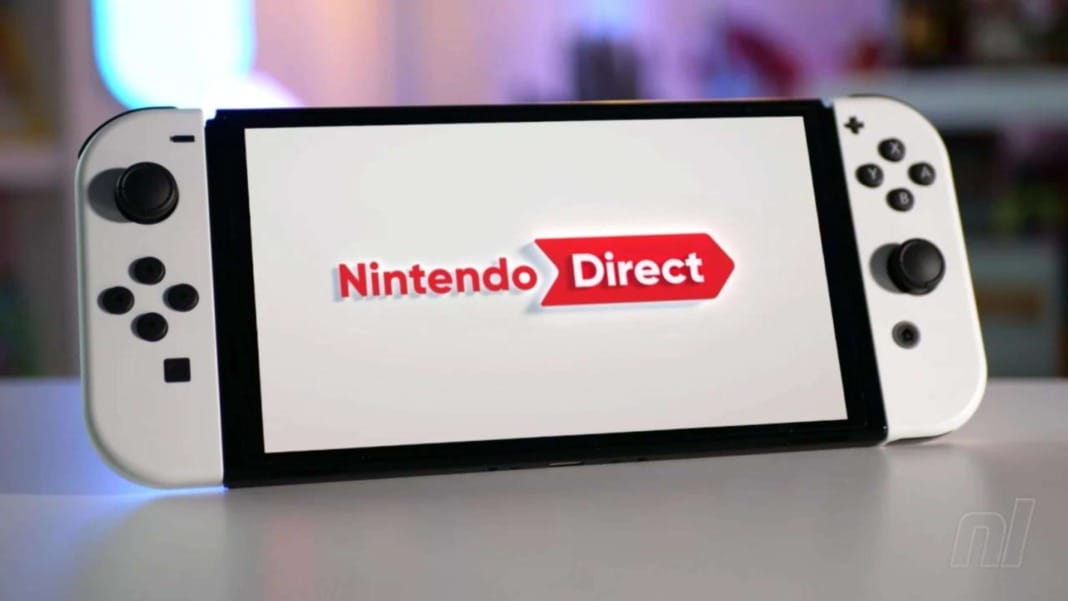In a significant move towards promoting competition and user choice, Japan has passed a new law requiring Apple and Google to allow third-party app stores on their devices by the end of 2025. This comes after the EU’s Digital Markets Act (DMA), which aims to foster a more equitable digital marketplace.
Japan’s Act on Promotion of Competition for Specified Smartphone Software, aimed at ‘designated providers’ like Apple and Google, is set to empower app developers. The law mandates that these tech giants must provide the option of third-party billing services, potentially reducing costs for both developers and consumers.
Moreover, the legislation seeks to make it easier for users to change default settings and web browsers. It also aims to prevent significant players such as Apple and Google from giving their services undue priority in search results.
Implementation and penalties
The new law is set to be enforced by the end of 2025. Its primary goals are to reduce app prices and create a more level playing field for smaller competitors in the app store market. Non-compliance could result in hefty fines. Violations of the law may attract penalties of up to 20% of the offending company’s domestic revenue, increasing to 30% for repeat offences.
Many in the tech industry have welcomed this legislative change. Epic Games, which has had a long-standing legal feud with Apple, celebrated the law’s passing. The company announced that its game store platform and popular game Fortnite will be available on iOS by late 2025, thanks to the new legal framework.
Apple’s response
Apple, in response to the new law, has expressed its intention to engage in discussions with Japan’s Fair Trade Commission. The company has voiced concerns about the potential impact on the ‘secure and private iPhone experience’ that its Japanese customers value.
Apple has consistently argued that allowing app sideloading on the iPhone and iPad poses significant security risks. The company even published a whitepaper to underline these concerns, emphasising the potential dangers of sideloading apps outside its official App Store.
Impact on the tech landscape
Japan’s decision to enforce this law is not just about promoting competition and reducing app prices. It’s about driving innovation and creating a more dynamic tech landscape. By compelling Apple and Google to open their ecosystems, the law is set to spark a wave of new ideas and increased competition, ultimately benefiting consumers through lower prices and a wider range of choices.
Japan’s proactive approach to regulating dominant tech platforms is not just a local development but a global trend. As regulators worldwide increasingly scrutinise the practices of big tech companies, Japan’s move may inspire other countries to consider similar measures. This could lead to a significant shift in the global tech landscape, promoting fair competition and consumer choice.
As the deadline for enforcement approaches, all eyes will be on how Apple and Google adapt to these new regulations. The success of this law could set a precedent for future legislative efforts worldwide, pushing the boundaries of what is considered acceptable business practice in the tech industry.





